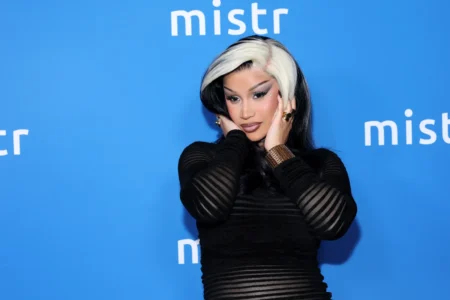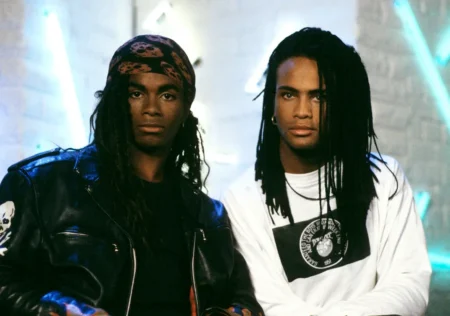In a bold move, Diddy is pushing back against federal charges, claiming that the government is targeting him due to his success as a Black man. According to new legal documents filed by his attorneys, the music mogul argues that the feds are unfairly using a racially charged law to take him down—specifically the Mann Act, a statute that’s been in place since 1910.
The Mann Act Controversy
Diddy’s legal team has filed a motion to dismiss one of the charges against him, which accuses him of “transportation to engage in prostitution.” The Mann Act, also known as the White-Slave Traffic Act, was originally enacted to prevent the trafficking of women for prostitution. Diddy’s attorneys argue that the law, historically used against Black men like rock ‘n roll legend Chuck Berry and boxer Jack Johnson, is being weaponized against him.
In the documents, Diddy’s team makes a strong argument: “No other person, and certainly no white person, has ever been prosecuted under the Mann Act for hiring male escorts from another state.” Diddy believes that the charges against him are not only baseless but also a reflection of systemic racism.
Allegations of Prostitution and “Freak Off” Parties
The feds have accused Diddy of hiring male sex workers to attend private “freak off” parties. However, Diddy contends that the hiring of escorts is common in American society and that this conduct rarely attracts legal attention—except when he is involved.
His legal team points out that the case is built largely on allegations involving Diddy and his long-term girlfriends bringing a third person into their sexual relationship. Diddy defends his actions, asserting that the escort service involved is a legitimate business operating openly and without issue.
The Racial Argument: Targeting Black Men
What sets this case apart, according to Diddy’s attorneys, is that he is being singled out due to his race. The music mogul argues that the government’s actions are racially motivated, with the Mann Act charge being a particular example of the law’s historical racial bias. In support of his claims, Diddy references the case of former NY Governor Eliot Spitzer, who resigned in 2008 after a prostitution scandal. Although four individuals involved in the escort service were charged under the Mann Act in Spitzer’s case, Spitzer himself was never prosecuted under the law.
Diddy’s legal team believes this underscores their argument that the Mann Act has often been used disproportionately against Black men, further fueling their stance that Diddy’s case is a continuation of a long history of racial injustice.
Legal and Cultural Implications
While Diddy’s defense acknowledges that hiring escorts is a common practice, they argue that it’s unfair for him to be prosecuted for something that others—especially white individuals—have often gone unpunished for. By making this case, Diddy and his attorneys are questioning not just the legality of the Mann Act but also the way in which it has been historically applied, especially in cases involving Black celebrities and public figures.
Diddy’s case is shaping up to be not just a legal battle but a larger conversation about race, privilege, and justice in the United States. As the case progresses, all eyes will be on how the court handles the arguments surrounding racial bias and the application of this century-old law.













